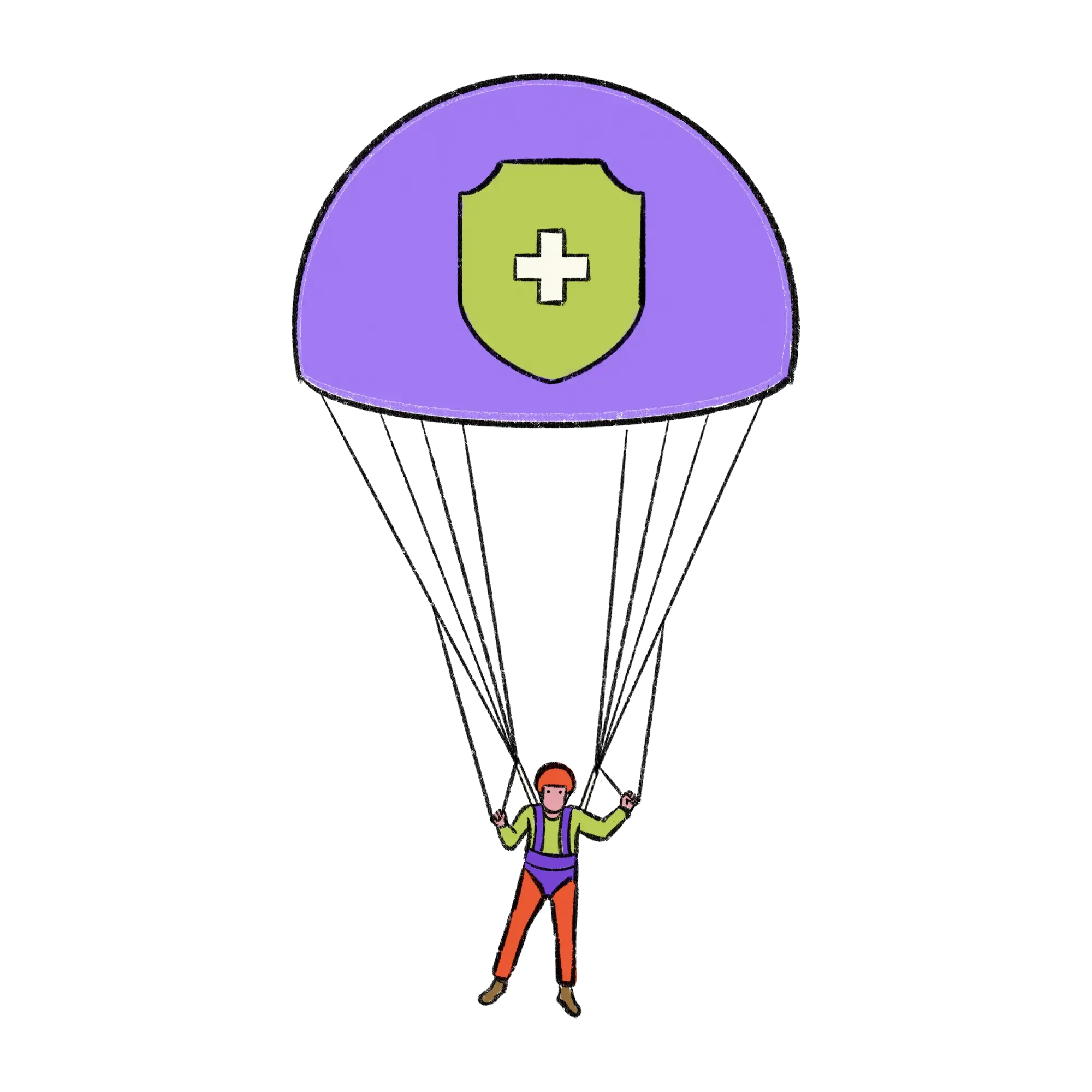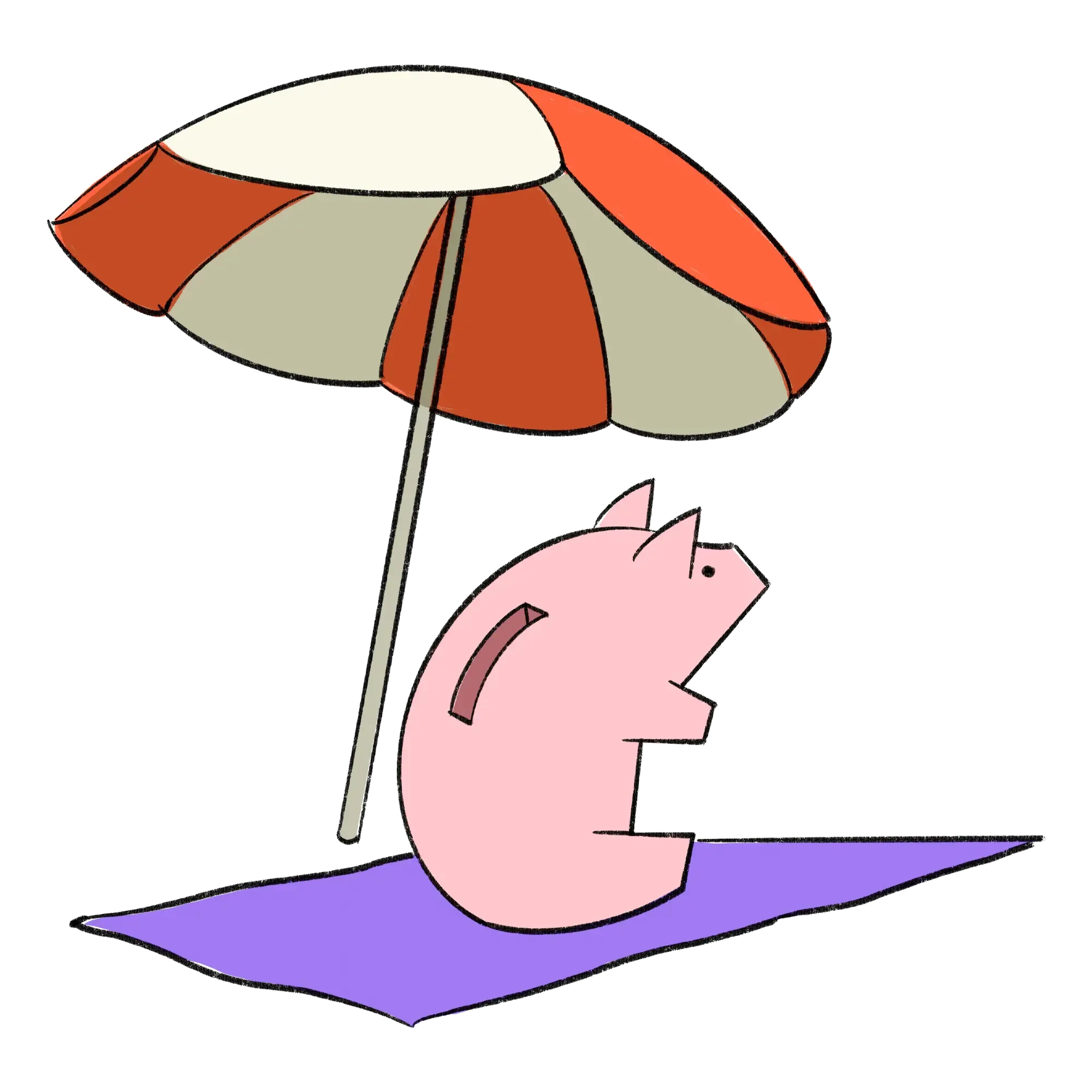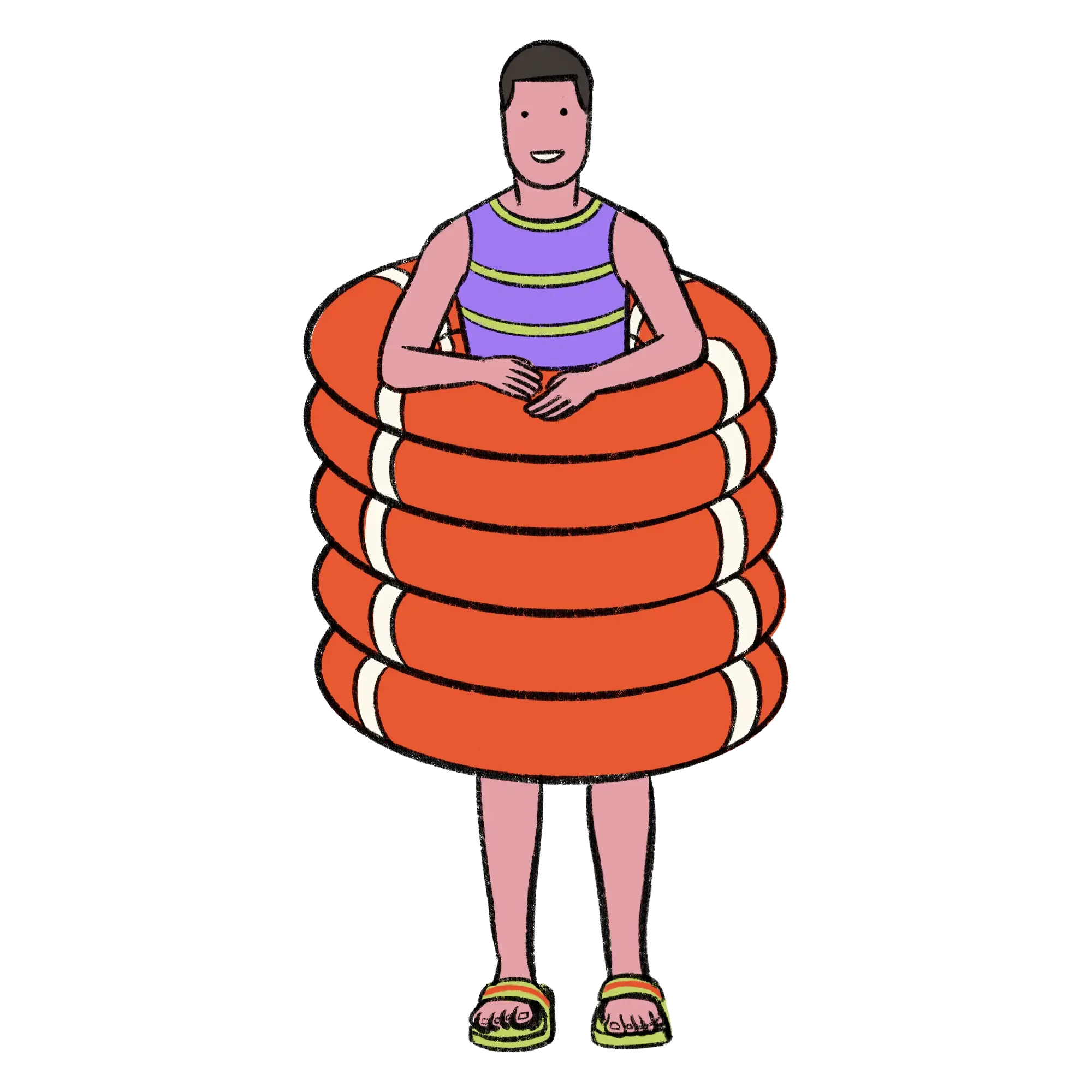Wondering what happens to your UK workplace pension benefit after death?
Don't worry. Your workplace pension will be transferred to your nominated beneficiary upon death — but with certain conditions.
Let’s explore how it works with defined benefit and contribution pension schemes and whether your nominated beneficiaries get any tax relief.
Further Reading:
What Happens to My Workplace Pension if I Die in the UK?
UK workplace pensions can be defined benefit or defined contribution schemes, each with different inheritance rules.
We’ll discuss both pension types:
A. What Happens to a Defined Benefit Pension if I Die?
Defined benefit or final salary pensions promise a specified monthly benefit upon retirement.
The fate of these pensions after death involves several possibilities:
1. Lump Sum Payments
- Lump Sum Death-in-Service Benefit: If you pass away while employed, your beneficiaries might receive a lump sum payment. This amount is often a multiple of your salary.
- Refund of Member Pension Contributions: In some cases, if you die before retirement, your beneficiaries may receive a refund of your pension plan contributions.
- Pension Protection Lump Sum: If you pass away before receiving pension benefits or soon after, your beneficiaries may receive a lump sum to protect the value of the pension.
- Trivial Commutation Lump-Sum Death Benefit: For small pension pots, the entire value may be paid as a lump sum, known as a trivial commutation lump-sum death benefit.
2. Ongoing Payments to Dependents
- Spousal or Dependent Benefits: Defined benefit schemes often provide ongoing payments to your spouse, civil partner, or other dependents after your death. The amount and duration of these payments vary by plan.
3. Tax Implications
Beneficiaries, such as a spouse or dependent, who receive ongoing pension payments will pay income tax at their marginal rate, regardless of the deceased’s age at death.
B. What Happens to a Defined Contribution Pension When I Die?
Defined contribution pensions accumulate a pension fund based on contributions from you and your employer, plus any investment growth.
The options available to your beneficiaries depend on the status of the pension at the time of your death:
1. Options for Beneficiaries
- If the Pension is Untouched: If you die before accessing your pension, your pension beneficiaries can usually choose to:
- Receive the entire pension pot as a lump sum
- Continue the pension drawdown
- Purchase an annuity
- If You’re in the Pension Drawdown Phase: If you were taking a flexible retirement income, known as the drawdown scheme, your beneficiaries can:
- Continue to draw down from the remaining pension pot
- Take a lump sum
- Buy an annuity
- If You’d Set up a Guaranteed Income (Annuity): If you had purchased an annuity (a financial product providing regular income payments, often for life), the terms of that annuity will dictate what happens. Some annuities include death benefits that continue payments to a spouse or other beneficiaries.
2. Age-Dependent Rules
- Death Before Age 75: If you die before age 75, your beneficiaries can:
- Claim your pension pot as a lump sum, tax-free
- Claim your pension pot as income, tax-free
- Death After Age 75: If you die after 75, any payments to your beneficiaries, whether taken as a lump sum or as ongoing payments, will be taxed as their income.
3. Tax Implications
If your beneficiaries decide to draw down on your defined contribution pension after your death, the tax treatment depends on your age at the time of death:
- Before Age 75: If you die before 75, your nominated beneficiaries can draw on the pension pot tax-free up to a limit of £1,073,100 (the lump sum and death benefit allowance, or LSDBA). They can do the following without paying income tax:
- Take the money as a lump sum
- Set up a drawdown
- Purchase an annuity
- After Age 75: Your beneficiaries must pay income tax at their marginal rate on any pension income they receive after you die past age 75. This means the amount they withdraw will be added to their other income for the year and taxed accordingly.
Note: The LSDBA replaced the previous lifetime allowance (LTA) in April 2024.
The Prudential Regulation Authority (PRA) and Financial Conduct Authority (FCA) jointly oversee pension providers to safeguard your benefits. The PRA ensures the financial soundness of pension firms, while the FCA regulates their conduct and consumer protection, ensuring fair and transparent management of pension schemes for members and beneficiaries.
Remember these provisions to ensure your workplace pension benefits are maximised for your beneficiaries and aligned with your estate planning goals.
Still have questions? We’ll answer them.
8 FAQs About UK Workplace Pension Inheritance
Understanding the fate of your workplace pension after death is as crucial as having life insurance.
We’ll answer some more questions about UK pension inheritance to help you.
1. How Can I Nominate a Beneficiary to My Workplace Pension?
It’s easy — just fill out an online expression of wish form, usually available through your pension scheme's website or by contacting customer service directly.
This form lets you specify who will receive your pension benefits upon death.
Review your pension’s annual benefit statement regularly and update beneficiary nominations as needed, as life circumstances can change over time.
2. What Happens if I Have Multiple Pensions?
Having multiple pensions means juggling different rules and beneficiaries across various schemes.
Consider consolidating your pensions into one plan to simplify matters.
That said, weigh the pros and cons before consolidating — sometimes, nominating beneficiaries separately may better suit your needs.
3. How Does Pension Consolidation Affect My Beneficiaries?
Consolidating your pensions can simplify the inheritance process for your beneficiaries.
By combining multiple pensions into one, you reduce administrative tasks and ensure that your beneficiaries have a clearer understanding of your pension assets.
This can also reduce fees and improve investment options, benefiting your overall pension pot.
4. What Happens to the UK State Pension after the Pensioner’s Death?
After your death, the UK State Pension may transfer to your spouse or civil partner, depending on their age and the State Pension age rules.
The surviving partner may be eligible for an increase in their state pension or a bereavement support payment.
They must inform the Department for Work and Pensions (DWP) about the death to process any eligible payments.
5. What Happens to the NHS Pension After the Pensioner’s Death?
Upon death, eligible dependents of a National Health Service or NHS pension scheme may receive:
- Lump Sum Death Benefit: Tax-free 50% of ill-health/age pension, paid to legal spouse/civil partner or nominee.
- Adult Dependent's Pension: Monthly pension for legal spouse, civil partner, or nominated partner based on membership length.
- Children's Pension: For eligible children, based on membership and the child's circumstances.
How does a nominated beneficiary claim the NHS pension?
- If the pensioner was still employed:
- Complete the appropriate forms provided by the NHS employer.
- If the pensioner was already retired:
- Notify the NHS Pensions agency directly.
- Provide necessary documentation such as the death certificate and proof of relationship.
6. Do Inheritance Rules Differ Between a Workplace And Private Pension in the UK?
Yes, a workplace pension often includes employer-managed benefits and specific rules for lump sums and dependents.
On the other hand, a personal pension offers more flexibility in beneficiary nominations and tax treatment.
7. Are Workplace Pension Funds Subject to Inheritance Tax in the UK?
Inheritance Tax (IHT) typically does not apply to pension funds.
If your pension provider has discretion over who receives the death benefits, the pension remains outside your estate for IHT.
This means pension saving funds can be passed on without being subject to the 40% inheritance tax, which applies to estates above the £325,000 threshold.
But look:
Suppose you’ve instructed your pension provider to pay a specific person directly. In that case, there might be IHT implications, meaning the funds could be included in your estate and subject to inheritance tax.
8. What Role Do Employers Play in the Workplace Pension Inheritance Process?
Employers can:
- Help pensioners name beneficiaries for workplace pensions.
- Set up discretionary trusts to manage pension funds, allowing beneficiaries to receive the pension without it being part of the estate for inheritance tax purposes.
- Offer consolidation options for small pension pots.
- Ensure automatic enrolment into a workplace pension scheme.
If you’re an employer setting up a workplace pension plan, look no further than Kota.
This digital benefits management software makes employee pension enrolment and contribution management a breeze.
Join Kota today to empower your staff with an all-in-one digital benefits app.










.svg)
.svg)
.webp)
.webp)
.png)
.png)
.png)

.png)
.png)
.webp)
.webp)
.webp)
.webp)
.svg)
.svg)
.svg)


